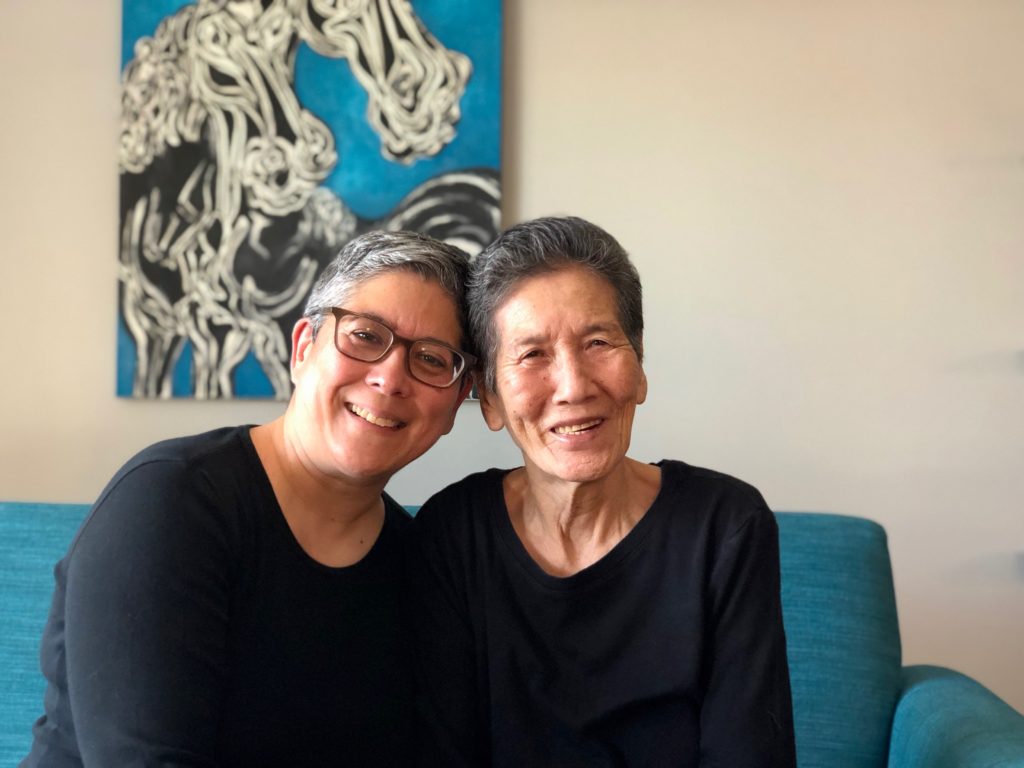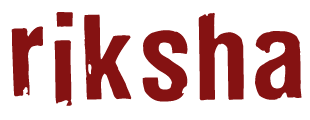
Words to Live By
by Kim Fountain
My mother’s favorite question is, “They pay you to talk?” In my sweet 80-year old mother’s tone there are also two comments. One being, “So stupid that this is a job” and the other, “Wow, my child is smart”, but not smart in the sense of what it is I actually say, but in that by talking, I make money.
My mom left school at age twelve to work 15 hour days on her feet. She has never been to a meeting in her life and has never touched a computer beyond dusting it so, for her, my desk job and its meeting after meeting schedule is ridiculous because I can’t point to a final product. I do add in, that now and again, I need to say something of use or I don’t get asked back. By then though, she is off on another subject.
I know that there is not as much difference between us as she might think. It is after all, because of her that I figured out that words, used to trouble and even sometimes rupture power, would eventually carry me toward a sense of purpose.
When she was 16, my mother’s job was to talk with soldiers using some combination of the few English phrases she knew: “You are so handsome” or “Yes, please” or “You are so funny.” She was a hostess in a Tokyo bar in Occupied Japan where she was paid to drink and dance with these men. She used her words to make a space for herself in a world that did not value her. She used the language of the occupier, because for her, it was the key to getting more money from his pockets. She didn’t care what the words meant or what he felt when she said them. This was a transaction meant to keep her alive and the money she’d later steal from their jackets was meant to keep her entertained because she’d use that change to see samurai movies with stars that to this day, she calls her boyfriends.
So, while my mother has never been to a meeting in her life, she absolutely understands working within occupied territory and making the system work for her. Her stories were part of my upbringing.
In Japan, just after WWII, orphanages were packed with Occupation babies. Today, there is a whole Wikipedia page for us, kids born to Japanese mothers and US soldiers. I was lucky. My parents married and didn’t have kids until ten years into their marriage and by then, they’d moved to the United States, back to the small town where my father was raised. I was a kid in the 1970s and things weren’t all that bad, but my little white New England mill town did not tolerate difference well. Throughout my childhood, I was asked if my mother, whose name was morphed into Fooey, Flamingo, Chop Suey, was my babysitter, if I taught her English, or if she knew Bruce Lee complete with karate chop. I didn’t talk much as a kid so I basically just stared back at them. Now and then, I’d blurt out things like, “I’m only half good at math because my father is white” or “Sure, I’ll be the Jap in our WWII game.” Why were we playing a game called WWII?
These moments were complicated by my mother’s well-honed use of racism back on itself like when she would go to the grocery store with her wad of coupons and look for the youngest and newest boy working the register. Young boys almost never asked her about the many coupons that did not match the items she bought. On the rare occasion that they did ask, she would look up all innocence and say, “I am so sorry, don’t read English.” You could toast a marshmallow on their red with embarrassment faces or as my mother would put it, you could not pay for half your groceries because they are afraid to ask more questions.
As I got older and people didn’t know my mother, my Asian-ness became a test.
“Oh, right, I see it now” people would say as I stood there, my glasses in hand, while they stared back at me, having told me, “Take off your glasses so I can see if you look Asian”, because you know, it’s all in the eyes. One time, an Asian guy who was the lead of some social justice organization followed this up with, “Oh wow, I can’t believe I missed one of my own.” What I figured out later was that he was actually just further erasing me, putting me in my place by letting me know that I’d passed the test but only because he made me take the test in the first place. He was the one who would decide if I was seen or not. It’s how I started to learn that not everyone whose side I thought I was on, wanted me there.
My staring at folks while all sorts of words ricocheted in my head but did not come out of my mouth continued into young adulthood. When I was 22, prepping meals at a Rest Home, I was doing my best to make small talk, when one of the nurses said, “The Bible forbids mixed marriages.” I said, but my parents have a mixed marriage and she looked me up and down – me, in all my shaved head, thick black framed glasses, Doc Martin wearing fabulousness and just said, ‘Mmmhhhmmm.” She pinged my queerness as both a product of and a sign of their sin.
Of all the nonsense I had heard my entire life, this was different, or at least different for me in that moment. It was religion, heterosexism, hegemony, and racism all rolled up into one, neat package hurled at my existence.
I just stared at her as she walked away. This time though, those ricocheting thoughts slowed down and I began to pay attention differently, the way my mother had as she learned to manipulate the codes of war, masculinity, capitalism and Asian fetishization. This is when I learned that these forms of violence are all just different versions of each other, manufactured for greatest control.
A few years later, I went graduate school. I spent seven years doing fieldwork in charismatic and tall steeple churches, going to ecclesiastical trials on ordination standards for queers, talking with people with deeply held religious beliefs, reading-so much reading-history, anthropology, theology, hermeneutics, linguistics, critical race theory, gender theory. I smashed all that together and walked out with a PhD in the anthropology of identity based violence.
I listened to my mother, Fumiyo Takano Fountain, and I learned from her. And for the last nearly 25 years, I have been talking. This AmerAsian dyke has protested with bullhorn in hand, testified at public hearings, trained thousands of people, offered comfort to parents of murdered queer children, translated acts of state sanctioned violence to the press, called out foster care systems, healthcare systems, and law enforcement when they have intentionally caused harm to my communities, and most recently, joined the Board of NAPAWF.
Perhaps more importantly, just as at that moment, when the nurse used all those different strands of power to reinforce her place in the world, not realizing she was also uniting my queerness with my Hafu status as White and Asian, she was also helping me to recognize and value solidarity – the act of uniting across differences to meet the system head on.
About the Author
Kim Fountain is a cultural anthropologist of violence who has spent the last twenty-five years working in the LGBTQ and Anti-Violence movements. She is Hafu, the daughter of a Japanese mother and a U.S. father and has just recently started to explore using storytelling to try to makes sense of what all this means.
You must be logged in to post a comment.

+ There are no comments
Add yours